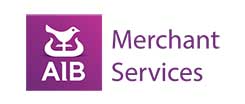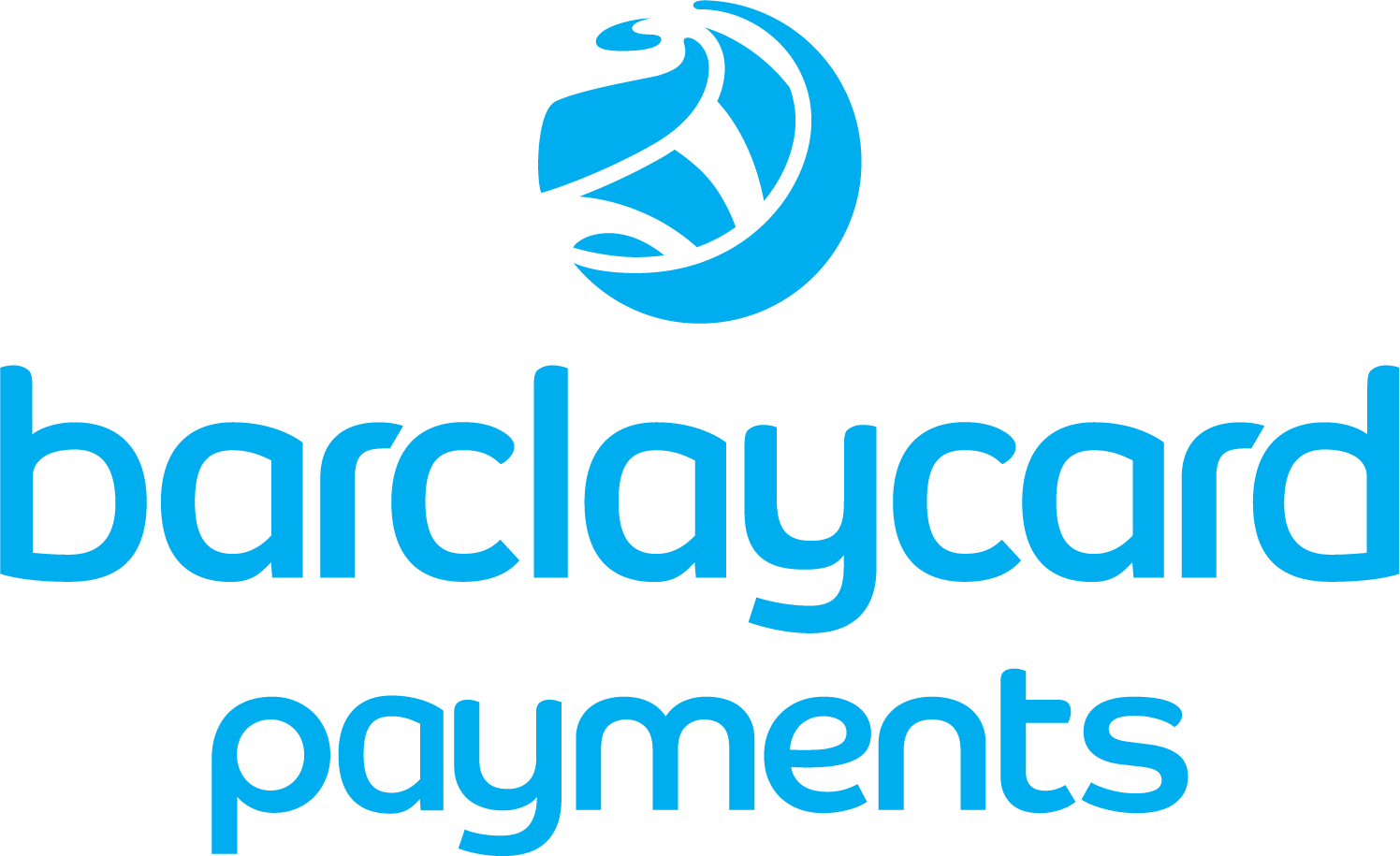Compare Card Payment providers the Easy way
- Direct access to the best rates from the UK leading providers
- One enquiry – all the information you need
- Avoid Lead Generation websites
- We don’t sell your data to anyone
- Rates from 0.26%
- Minimise your card payment processing fees





We're rated Excellent on
How Do Credit Cards Work: A Simple Guide to Understanding Them
Credit cards are a convenient way to borrow money, make purchases, and manage finances without carrying cash. But how do credit cards work, and what should UK consumers know before using them?
In this guide, we’ll explain everything from credit limits and interest rates to balance transfers and credit scores. Whether you’re new to credit cards or want to understand them better, this article will help you make informed financial decisions.
What Is a Credit Card?
A credit card is a payment card issued by a credit card provider (such as a bank or financial institution) that allows you to borrow money up to a set credit limit. Unlike debit cards, which take funds directly from your bank account, credit cards let you spend money that you’ll need to repay later—either in full or in monthly repayments.
If you don’t pay the full balance by the due date, the card issuer will charge interest on the outstanding balance. Some cards also come with an annual fee, transfer fees, and other fees, so it’s important to read the credit card agreement carefully.
How Do Credit Cards Work?
When you use a credit card, the credit card company pays the merchant upfront, and you repay the card provider later. Here’s a breakdown of the process:
- Making Purchases – You can use your physical card in person, online, or via mobile payments. Each transaction deducts from your credit limit.
- Credit Card Statement – At the end of each billing cycle, you’ll receive a monthly statement showing all credit card purchases, the statement balance, and the minimum payment due.
- Repayment Options – You can:
- Pay the full balance to avoid charged interest.
- Make the minimum payment, but this leads to more debt due to accumulating interest.
- Pay a custom amount (above the minimum amount).
- Interest Charges – If you don’t clear the full balance, the card issuer applies an interest rate (known as the purchase rate) to the remaining debt.
Key Credit Card Terms Explained
1. Credit Limit
This is the maximum amount you can borrow on your card. Your credit card provider sets this based on your credit history, income, and personal circumstances.
2. Interest Rate (APR)
The Annual Percentage Rate (APR) is the cost of borrowing, including fees. The representative APR is the rate at least 51% of customers receive, but your actual rate may vary.
3. Minimum Payment
The smallest amount you must pay each month (usually 1-3% of the balance). Paying only this leads to long-term debt and higher interest charges.
4. Balance Transfers
Moving debt from one card to another (often with a low or 0% introductory interest-free period) to save on interest. Some cards charge transfer fees (typically 2-3%).
5. Credit Score & Credit Report
Your credit rating affects card approvals. Lenders check your credit file (held by agencies like Experian or Equifax) to assess risk.
6. Interest-Free Period
Most cards offer an interest-free period (usually up to 56 days) on purchases if you repay the full balance by the due date.
7. Cash Withdrawals
Withdrawing cash (ATM/bank) incurs high fees and immediate interest—avoid unless necessary.
8. Credit Card Fees
- Annual fee – Charged yearly for premium cards.
- Late payment fee – Applied if you miss the due date.
- Foreign transaction fee – For spending abroad.
Pros and Cons of Credit Cards
✅ Advantages
✔ Convenient way to pay without carrying cash.
✔ Purchase protection under Consumer Credit Act.
✔ Helps build a credit history if used responsibly.
✔ Interest-free offers on purchases and balance transfers.
✔ Useful for large purchases or emergencies.
❌ Disadvantages
✖ High interest rates if not paid in full.
✖ Risk of more debt if only minimum payments are made.
✖ Extra fees for cash withdrawals, late payments, etc.
✖ Can negatively affect credit score if mismanaged.
How Credit Cards Affect Your Credit Score
Using a credit card impacts your credit report in several ways:
- Positive Impact:
- Paying on time improves your credit rating.
- Low credit utilization (using less than 30% of your limit) helps.
- Negative Impact:
- Missing payments lowers your credit score.
- Applying for multiple cards in a short period can hurt your rating.
How to Use a Credit Card Wisely
- Pay in Full Each Month – Avoid paying interest by clearing the statement balance.
- Stay Within Your Credit Limit – Maxing out your card harms your credit utilization ratio.
- Avoid Cash Withdrawals – High fees and immediate interest apply.
- Use Interest-Free Periods – Take advantage of 0% introductory offers.
- Monitor Spending – Check online banking regularly to track expenses.
- Avoid Minimum Payments – They lead to debt quicker due to compounding interest.
Credit Cards vs. Debit Cards & Personal Loans
| Feature | Credit Card | Debit Card | Personal Loan |
|---|---|---|---|
| Borrowing Money | Yes | No | Yes |
| Interest Charged | If balance not paid | No | Yes |
| Affects Credit Score | Yes | No | Yes |
| Flexible Repayments | Yes | N/A | Fixed term |
| Best For | Everyday spending, building credit | Daily transactions, no debt | Debt consolidation, large expenses |
What to Do If You’re in Financial Difficulty
If you’re struggling with credit card debt:
- Contact your card provider to discuss repayment plans.
- Consider a debt consolidation loan to combine multiple debts into one.
- Seek free debt advice from UK charities like StepChange or Citizens Advice.
How to Apply for a Credit Card in the UK
- Check Eligibility – Use eligibility checkers (soft search, doesn’t affect credit file).
- Compare Cards – Look at APR, annual fees, and rewards.
- Apply Online or In Person – Submit income and ID details.
- Receive Decision – Approval depends on credit score and personal circumstances.
Final Thoughts
Understanding how credit cards work helps you use them responsibly. They’re a convenient way to spend, offer purchase protection, and can improve your credit rating—but mismanagement leads to more debt.
Always read the credit card agreement, pay on time, and avoid unnecessary cash withdrawals or additional fees. By following these tips, you can make credit cards work for you, not against you.
